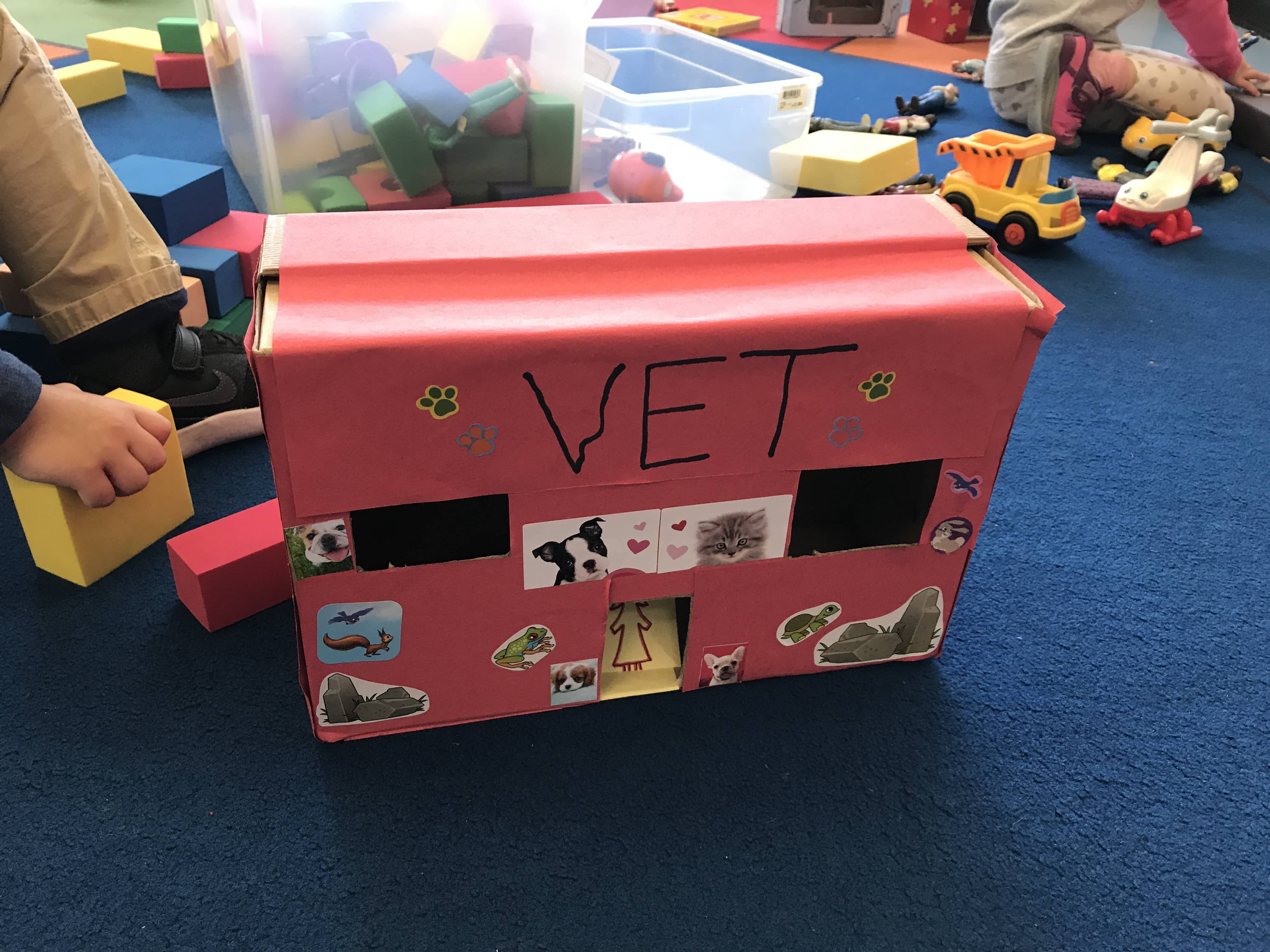
 By Amy DeNicola-Hickman
By Amy DeNicola-Hickman
“Is my child ready for Kindergarten?” Part 1
As a preschool administrator, the question I hear most often is “Is my child ready for Kindergarten?” My answer to families is “Kindergarten will be ready for your child.” All children from 3-5 years of age develop skills at different rates and in different areas. Two children born in the same month almost never begin to talk, crawl or walk at the same pace or in the same order. Some babies seem to jump from sitting up to walking and others follow the natural path of sitting, then crawling and then walking. Each of these may occur over different periods of time. Neither child is following the “correct” path; they are only developing skills differently. Each child develops each skill at their own pace.
Throughout early childhood preschool – third grade children’s skills continue to develop at different rates. Their brains are developing. Children do not develop all areas in a linear fashion. While a growth spurt may be occurring in your child’s cognitive skills, all other areas may not grow at the same rate. This is completely normal and other areas will have their time for their “growth spurt” shortly. Kindergarten teachers are keenly aware of child development and are “ready” to meet each child where they fall in the standards to support their developmentally appropriate growth across all areas.
Preschool in fact is not a mandated grade in Connecticut. Children attend all types of preschool programs with varying hours, school years and experiences. Some children attend full day daycare all year, others attend 3 days a week at half day, or four days a week at 4 hours a day with summers off. The preschool programs are all very different and families chose programs for many reasons. However, all preschools introduce children to learning, socializing and following routines that will be built upon in Kindergarten. Kindergarten teachers are ready to educate each and every child that enters their classrooms.
The CT State Department of Education makes the following statements about holding your child from Kindergarten. “Keeping children out of kindergarten typically does not have long-term benefits. In fact, some education experts have found keeping children out of kindergarten may be detrimental for some children.” Because of the varying rates of development and varying areas of strengths that children possess, repetition with younger children despite good intentions, can support stagnation of skills. Let’s look at an example of one of these skills. A child who has learned to play games with turn taking and pre-math skills is playing the game with children who are developmentally unable to take turns. The one child becomes the model for all others in the game. The concern presented is who is the model for the older child to expand their skills? The Kindergarten classroom has peer models for children at all stages and developmental levels with all types of experiences. Kindergarten certified professionals and the support teams built with the district schools are ready to meet each and every child where they enter and move them forward to the next level of development.
Over the next few weeks, I will provide strategies families can use to support the different areas of development and maybe even have some fun at the same time. I sincerely hope you look for the next article in our series.




